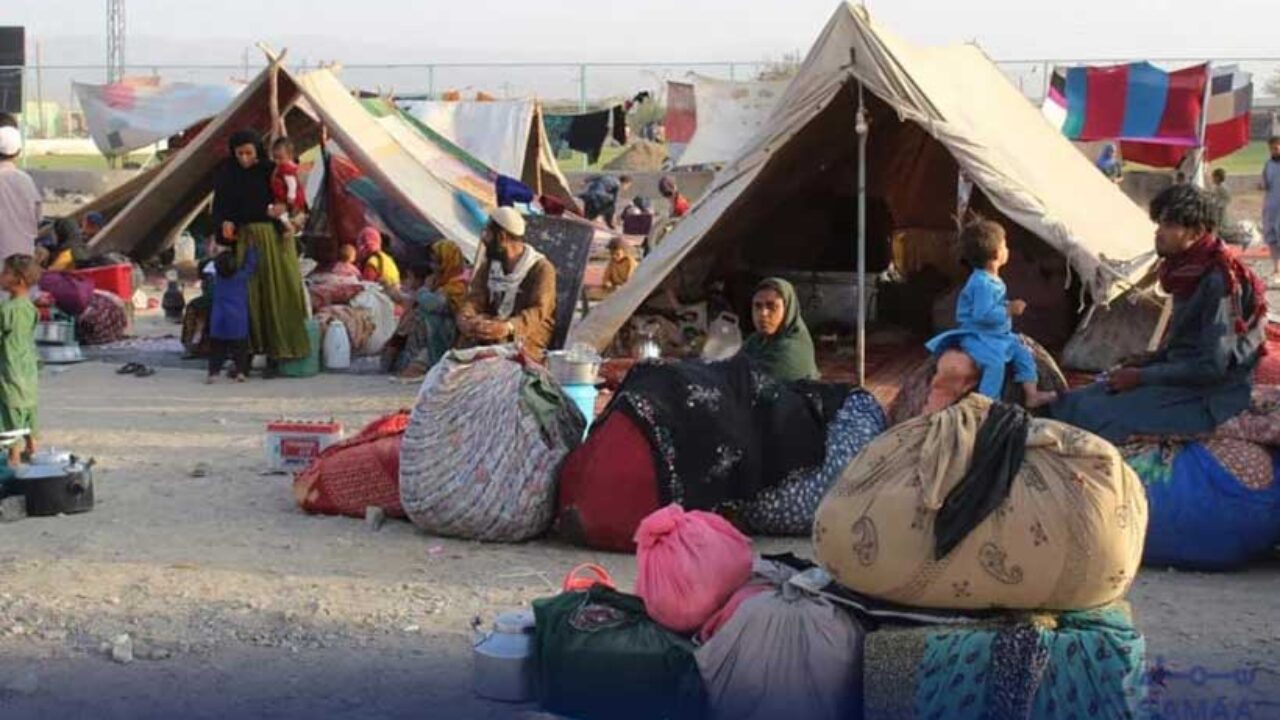
by Parnya Nadeem 23 October 2023
Pakistan has recently announced a crucial decision to deal with the long-standing issue of undocumented migrants and refugees, particularly Afghan nationals living within its borders. The decision, while seemingly drastic, is aimed at ensuring the safety and security of Pakistani citizens and contributes to regional peace. With a surge in violence and mounting security challenges, it is imperative for Pakistan that the Afghan government, particularly the Taliban-led administration, takes responsibility for its people scattered across the region.
Pakistan has a long history of hosting refugees escaping conflict and instability in neighboring nations. By assisting millions of individuals in their moment of need, the country has demonstrated incredible resilience and compassion. Pakistan’s dedication to offering shelter, support, and hope to people fleeing the horrors of war in Afghanistan, which began in 1979, is reflected in the influx of Afghan refugees. According to the United Nations High Commissioner for Refugees (UNHCR), approximately 1.3 million Afghan refugees currently reside in Pakistan, with over 95 percent of them being undocumented. This substantial number presents significant challenges for Pakistan.
During this time, Pakistan embraced Afghan refugees with open arms, providing them with shelter, education, and necessary services. The Pakistani people’s hospitality cannot be overstated, as they shared their resources, communities, and lives with their Afghan brothers and sisters. It demonstrates the country’s generosity and dedication to humanitarian values.
The recent increase in violence within Pakistan, primarily in the northwestern province of Khyber Pakhtunkhwa and the southwestern province of Balochistan, has raised alarm bells. The caretaker Interior Minister, Sarfraz Bugti, revealed that a significant number of violent attacks in Pakistan were attributed to Afghan nationals. Notably, 14 out of 24 suicide bombings this year were carried out by Afghan nationals. This surge in violence is a direct threat to Pakistan’s national security.
This decision to call for the repatriation of undocumented refugees is not an isolated one. It underscores the need for Afghanistan to take responsibility for its own people. Kabul’s denial of allegations related to security concerns in Pakistan, while rebuking the move, may crack ties between the two neighbors sharing sensitive borders. The two countries share a 2,640-kilometer-long border, which, due to its rugged terrain, dense forests, and narrow passages, is inherently porous and challenging to control. In this complex geography, both Pakistan and Afghanistan need to work together to secure the border effectively.
By implementing strict citizenship laws and vigilant border control policies, Pakistan is displaying its commitment to regional peace and the well-being of its own people by pushing the Afghan government to accommodate its own citizens. It is not a departure from humanitarian values, but rather a realization of the region’s shifting dynamics. The rising bloodshed, combined with links between Afghan Taliban and groups such as the TTP, has made it imperative to address this issue as soon as possible.
The decision should be viewed as a responsible step toward restoring law and order. Islamabad remains dedicated to providing a safe haven for those who truly need it, while also seeking cooperation from the Afghan government to address the issues raised by unauthorized citizens. Pakistan seeks to balance its commitment to humanitarian ideals with responsibility to protect its citizens and support regional stability in this manner.
This endeavor, it is hoped, would not only help to a more secure and stable Pakistan, but will also foster an enduring collaboration between Pakistan and Afghanistan, resulting in a safer and more peaceful region for all involved. It emphasizes Pakistan’s determination to find common ground and cooperate toward shared goals, including peace and prosperity for all.
The escalating bloodshed, as well as the links between the Afghan Taliban and illegal groups within Pakistan, call for prompt action. While repatriating refugees is a difficult task, it is critical for Pakistan’s security and stability. Both countries may strive toward a more secure and peaceful coexistence by asking the Afghan government to take responsibility for its citizens on Pakistani soil. It is in Pakistan’s, Afghanistan’s, and the region’s best interests to work together to resolve this issue and build a more stable and secure environment.
